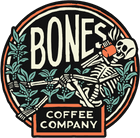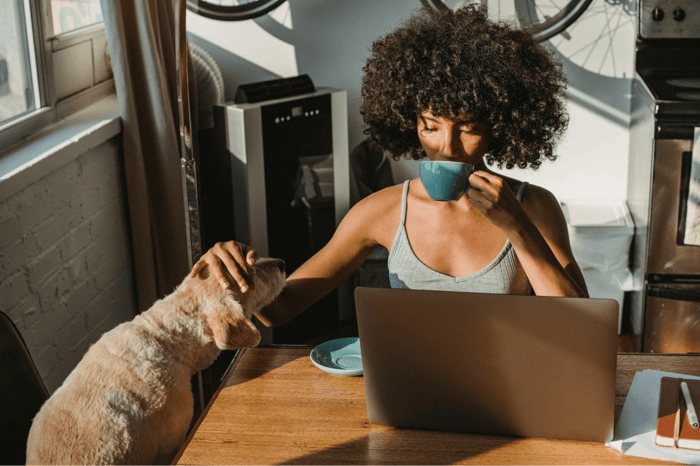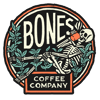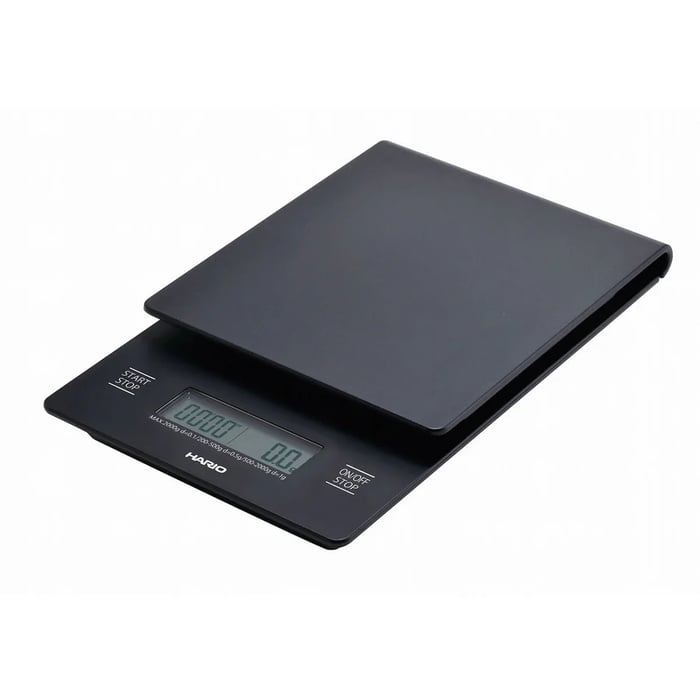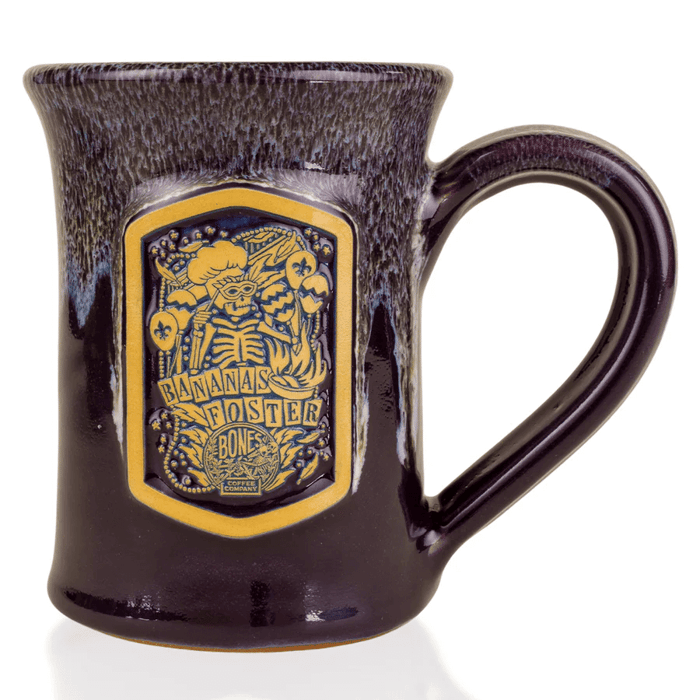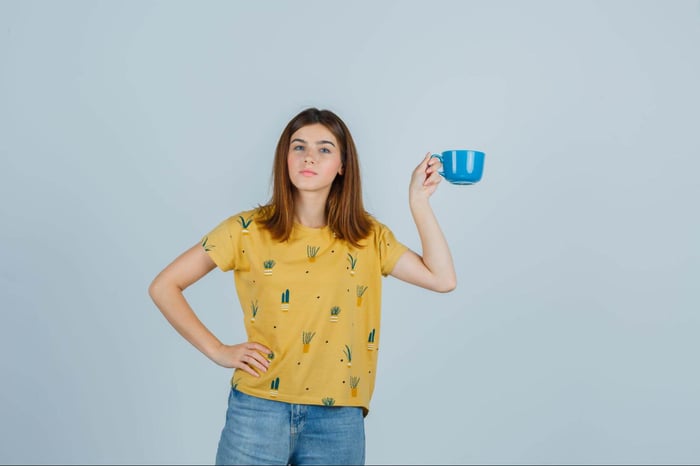Coffee is one of the most beloved beverages across the globe, cherished for its rich aroma and invigorating effects. Whether it’s a hot cup of coffee in the morning or a cold brew in the afternoon, coffee plays a significant role in many people’s daily routines. However, while humans can safely enjoy this energizing drink, coffee is extremely dangerous for dogs—even in small amounts.
Dogs are far more sensitive to caffeine than humans, and even accidental exposure can lead to serious health issues. As pet parents, it’s essential to understand why coffee is harmful to dogs, what symptoms to watch for, and how to prevent potentially life-threatening situations from occurring.
This guide dives deep into the science behind caffeine toxicity in dogs, outlines clear steps to take in case of accidental ingestion, and provides safe, pet-friendly alternatives to satisfy curious canines.
Why Is Coffee Harmful to Dogs?
The answer to the question, “Can dogs drink coffee?” is no. Coffee is toxic to dogs due to its caffeine content—a natural stimulant found in coffee beans, tea leaves, and certain sodas and chocolates. While humans metabolize caffeine efficiently, dogs have a much slower metabolic rate, making even small doses dangerous.
Key Toxic Compounds in Coffee
- Caffeine: The main culprit. It affects the nervous system and heart, leading to symptoms such as restlessness, elevated heart rate, tremors, and seizures.
- Theobromine: A compound also found in chocolate, it can amplify the toxic effects of caffeine.
- Acids and Oils: Present in both regular and flavored coffees, these can irritate a dog’s stomach lining and cause digestive distress.
Even trace amounts left in a discarded cup or coffee pod can pose a threat—especially to smaller breeds. For coffee lovers who enjoy decadent flavors like s’mores, red velvet, or French toast, it’s worth noting that the sweet aroma of flavored coffee can be especially enticing to pets.
How Does Caffeine Affect a Dog’s Body?
When ingested, caffeine is quickly absorbed into a dog’s system and begins to impact multiple organs and systems. Here’s how:
- Central Nervous System: Caffeine blocks adenosine receptors, which normally help the brain relax. This overstimulation causes hyperactivity, anxiety, or seizures.
- Cardiovascular System: It increases adrenaline, raising heart rate and blood pressure. In extreme cases, arrhythmias and heart failure can occur.
- Gastrointestinal System: Vomiting and diarrhea are common as the body tries to eliminate the toxin.
- Muscular System: Muscle rigidity or tremors can develop, especially with higher doses.
System Affected | Potential Effects |
Central Nervous System | Restlessness, hyperactivity, seizures |
Cardiovascular System | Increased heart rate, arrhythmias |
Gastrointestinal System | Vomiting, diarrhea |
Muscular System | Tremors, muscle stiffness or rigidity |
Caffeine’s effects can persist for up to 12 hours—or longer—depending on the dog’s size, age, and overall health. If your dog ate coffee grounds or licked up a few drops of your indulgent morning coffee, don’t assume it's harmless—seek advice from your vet immediately.
Health Tip: To keep your dog safe, store caffeinated products like coffee, tea, and energy drinks out of reach. Always be mindful of foods that might contain hidden caffeine, such as chocolate or certain medications. |
Signs of Caffeine Toxicity in Dogs
Dogs are naturally curious, and they often explore the world with their mouths. If your dog drank coffee, it’s important to recognize the symptoms of caffeine poisoning quickly.
Common Symptoms
- Rapid breathing or panting
- Hyperactivity or restlessness
- Increased heart rate
- Muscle tremors or shaking
- Vomiting and diarrhea
- Agitation or anxiety
- Difficulty settling down or pacing
Timeline
Most symptoms show up within 30 minutes to two hours after ingestion.
Severity Clues
Mild symptoms like pacing or hyperactivity may indicate low exposure, but seizures, collapse, or irregular heartbeats suggest a high level of toxicity and require emergency care.
Environmental Signs
Keep an eye out for chewed K-cups, coffee grounds on the floor, or an overturned mug. Coffee with rich, dessert-like aromas might attract your pup even more than your standard house blend.
What Should You Do If Your Dog Drinks Coffee?
If you discover your dog drank coffee or suspect they may have:
- Remove Access Immediately: Make sure no more coffee, beans, or coffee grounds are available.
- Contact Your Veterinarian: Provide as much detail as possible: the type of coffee (e.g., espresso, cold brew), the amount ingested, and your dog’s weight.
- Do Not Induce Vomiting on Your Own: This should only be done under veterinary supervision.
Veterinary Treatment
Depending on the circumstances, your vet treats caffeine poisoning by:
- Induce vomiting (if the ingestion was recent).
- Administer activated charcoal to bind the remaining caffeine.
- Provide IV fluids to support kidney function and toxin elimination.
- Use medications to control seizures, heart rate, or tremors.
- Monitor vital signs over several hours (or even overnight).
Veterinarians may also request packaging information if you can provide it, especially if a flavored or concentrated coffee product is involved. This helps determine the likely caffeine level and guides treatment.
Are There Safe Alternatives to Coffee for Dogs?
Even decaf isn’t safe for dogs. Although the caffeine content is reduced by about 97%, it still contains small amounts—enough to cause problems in sensitive or small dogs. Additionally, decaf still contains acids and coffee oils that can upset a dog’s stomach.
So even if you’re sipping a mild decaf brewed coffee, it’s best to keep it far from your furry friend.
Dog-Friendly Beverages
Instead of sharing your morning drink, consider offering your dog these safer options:
- Bone Broth: Nutritious and hydrating, great for joints and digestion. Just ensure it’s free from onions, garlic, and added salt.
- Coconut Water:Contains potassium, sodium and manganese. Serve in moderation and ensure it’s unsweetened.
- Herbal Teas (Caffeine-Free): Chamomile or ginger tea can soothe digestive issues or anxiety. Always serve plain and at room temperature.
- Canine-Specific Beverages: Many pet stores now offer drinks made just for dogs—nutritionally balanced and caffeine-free.
These treats can help your pup feel included in your morning routine—just stick to ones designed with dogs in mind!
How to Prevent Dogs from Accessing Coffee
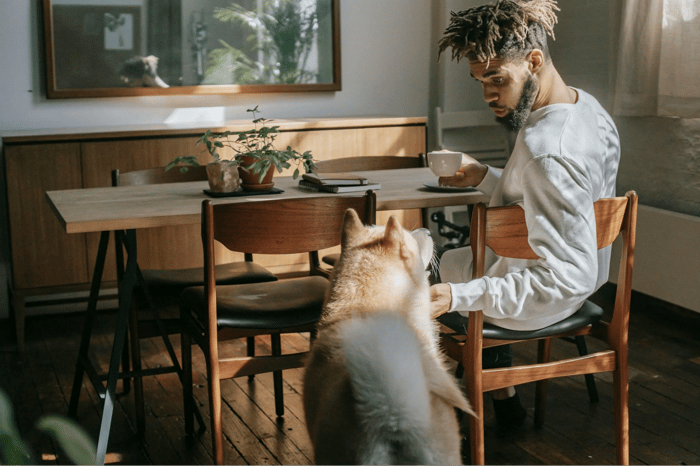
Coffee may be a daily necessity for humans, but it's a toxic hazard for dogs. Even small amounts of caffeine can cause serious health issues in pets. By combining smart storage habits and effective training, you can easily prevent dangerous encounters with coffee at home.
Smart Storage and Safety Tips
Prevention is the most effective protection. To keep your dog safe:
- Store all coffee beans, grounds, and pods in sealed containers and high cupboards.
- Don’t leave mugs or travel cups unattended—especially if they are sweet or flavored.
- Clean up spills immediately.
- Empty and secure trash bins where used grounds, pods, or filters might tempt curious sniffers.
- Use pet-proof containers for flavored coffee grounds, which often have irresistible dessert-like scents that dogs may mistake for actual food.
Training Tips
Reinforce these behaviors to reduce risk:
- Teach “leave it” and “no” commands with consistent training.
- Use positive reinforcement when your dog avoids coffee zones.
- Provide engaging toys or treat puzzles to keep them occupied and reduce food-seeking behaviors.
- Consider bitter sprays on furniture or surfaces where coffee is typically consumed.
A combination of secure storage and reliable training goes a long way in keeping your pup safe and happy.
Pro Tip: To further reduce the risk of your dog accessing coffee, consider using child-proof locks on cabinets or drawers where coffee-related items are stored. This added layer of security can help prevent curious pups from getting into potentially harmful substances. |
Keep Coffee Away from Curious Paws
Coffee may be a beloved part of your routine, but it poses a real danger to your dog’s health. Caffeine, theobromine, and natural oils in coffee can trigger serious symptoms in dogs, including vomiting, tremors, seizures, or even heart complications. Decaf is no safer—any form of coffee can be harmful.
If your dog consumes coffee, act quickly. Call your veterinarian rather than trying home remedies, and watch carefully for signs of distress such as restlessness, agitation, or muscle tremors. Be clear about the type and amount of coffee ingested, especially if it was flavored, sweetened, or highly concentrated.
Prevention is key. Store all coffee products securely, teach your dog basic avoidance commands, and consider pet-safe alternatives like bone broth or caffeine-free herbal teas. If you're searching for rich, flavorful brews for yourself, Bones Coffee Company offers a variety of gourmet options—from fruity flavors to decadent dessert-inspired roasts. Just remember to keep your coffee cup out of reach and enjoy your coffee responsibly.
